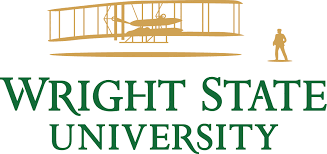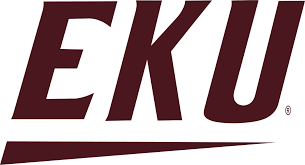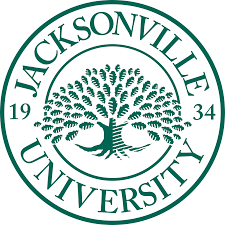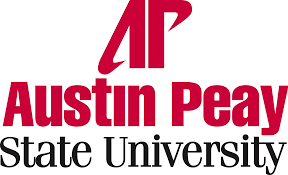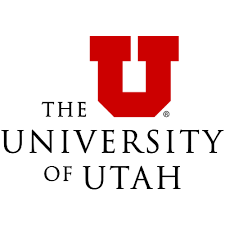When you’re coming out of a long service in the military, it can be fairly daunting to think about entering the civilian workforce. The truth is, as a military veteran, you’ve got some unparalleled discipline, integrity, and work ethic that is difficult to come by. And direct employment isn’t the only option available to you; many veterans choose to attend college as their first step back into civilian life. After all, those same characteristics developed from a career in the service are applicable to the rigors of full-time, higher education, too.
Choosing the right college or university is a critical decision for every student, whether a military veteran or not. There are thousands of institutions across the U.S., but some are better equipped to support the unique needs of students like you. Adjusting back to civilian life can be difficult, and many veterans who enter education find campus life isolating. As a result, some of the best colleges for ex-military veterans are improving the services and support they offer.
In this article, we’ll cover everything you need to know as a veteran looking to advance your education with the goal of building a successful career as a civilian. We’ll cover the best schools and colleges for ex-military students, the types of funding available to you, and look briefly at the best careers for salary expectation and growth.
See Also: The Ex-Military Student’s Guide to College
What Kind of Support Is Available?
Of course, we’re not saying that every veteran will need extra support, but it’s good to research what kind of services are provided in case you do need support during your adjustment back into civilian life. While this is not an exhaustive list, these are the kinds of services often offered to ex-military students by colleges and universities:
- Specialized Housing – Some universities offer specific housing options for ex-military students. These might include individual dorm rooms, entire floors within a dorm dedicated to veterans, or fraternities and sororities specific to students like you. This guarantees that you’d be sharing living arrangements with others of a similar background.
- Mixed Recreational Activities – Again, many institutions offer recreational activities and programs that are designed specifically for veteran students, which means you’ll be able to break away from studying to take part in outdoor activities. One such institution is in Maryland; the University of Maryland has the “Adventure Program for Veterans.”
- Transitional Mentors – At some colleges and universities, you’ll have the opportunity to be partnered with another veteran who is an existing student. These programs are useful for helping you to adjust to life on campus or to provide any advice or links to services you might need.
- Veterans Facilities – On campus, some universities provide lounges or recreation spaces specifically for use by ex-military students. This might include free beverages and snacks, quiet study areas, and dedicated recreation grounds, for example. The University of Illinois has such a space where like-minded students can relax and socialize outside of lectures.
- Campus SVA Chapters – An SVA chapter is a student-veteran group on campus that provides peer-to-peer socializing and support for other veterans at the school. They are intended to be an additional support system, as well as an important link in the chain that helps to prepare you for a career after graduation.
See Also: The Best Online Schools for Military and Ex-Military Students
Best Careers for Veterans
As an ex-military veteran, you have a great deal of life experience and will have developed extensive skills that give you a competitive edge over other graduates coming from purely educational backgrounds. Teamwork and leadership are areas in which you’ll excel after a career in the service; others include critical thinking, problem-solving, and extensive communication-skill development. You’ll also likely have exceptional strength, resilience, and endurance.
So, into which careers can these skills translate most effectively? We’ve scoured the internet and various employer rankings online to bring you this list of some of the best fields for career advancement and salary expectations.
See Also: Cheap Accredited Online Colleges
1. Healthcare
Median Annual Salary: $66,440 (May 2018)
Working within healthcare lets you utilize skills that you’ve brought over from the military, focusing them into a satisfying, mission-oriented, and lucrative career. Common paths chosen by veterans in the healthcare industry include nursing, working in logistics and hospital operations, research, and administrative roles. According to the Bureau of Labor Statistics, employment within this area is projected to grow by 14% between 2018 and 2028, which is above average for all other occupations; this means that nearly 2 million more positions are being created in the civilian workforce.
2. Government or Public Administration
Median Annual Salary: Varies Broadly
Administration is a broad job category that’s required in most organizations across the United States. As a veteran, you possess coveted leadership skills from your time in the service, which can easily be transferred into a successful career within public or government administration. As such a broad and varied career path, this type of employment has a vast scope for career growth. Salaries attached to such roles can vary widely, but at the highest levels, such as working in public administration, the BLS highlighted a median income of $117,570 in May 2018, for public administrators (or political scientists).
3. Defense Contracting
Median Annual Salary: $57,624 (May 2018)
Defense contracting is a highly appealing field for veterans, particularly in younger age groups. This work involves creating materials that are used for projects in national defense; for example, aircraft, weaponry, and infrastructure. This field is still linked to the military, which is attractive to some vets who want to stay connected to their past experience, but it offers greater scope for career growth and specialization. You might become an intelligence specialist or analyst, or you could secure a senior managerial role in operations.
4. Information Technology
Median Annual Salary: $86,320 (May 2018)
With a median annual wage of $86,320, according to the BLS in May 2018, the scope for salary growth within information technology occupations is huge. Depending on your chosen career or entry point, the salary could be around $53,470 for a computer support specialist or as high as $118,370 for a computer and information research scientist. You could even train to become a software developer, who receive salaries above $100,000, according to the BLS. In addition to lucrative salaries, careers in IT provide a distinct path with opportunities for advancement. You might find yourself working in project management or cybersecurity, or as a systems engineer or data analyst.
5. Financial Services
Median Annual Salary: $68,350 (May 2018)
Financial services is a field that is constantly expanding with a demand for trained individuals. Roles in this field are also popular among veterans, with more than one in ten young veterans entering a finance-related position. The salaries available for these roles are highly competitive, and in addition to having well-defined career paths, this sector has a wide variation in the types of roles available. You could work as an accountant, financial advisor, or in senior management. The median annual salary we’ve highlighted above, from BLS data, applies to business and financial occupations, but these two are very closely intertwined in many areas of civilian employment.
6. Education
Median Annual Salary: $49,700 (May 2018)
In May 2018, the BLS highlighted a median annual wage of $49,700 for education-, training-, and library-related occupations. While not as lucrative as some other careers on our list, it was still above the median for all other occupations, which is $38,640, and offers significant opportunities for career advancement. You could also find yourself with a varied career that allows you to work in different areas, such as high schools, career centers, kindergartens, middle schools, or in special needs education.
7. Law Enforcement
Median Annual Salary: $63,380 (May 2018)
As a field that’s highly comparable to the military, law enforcement is a popular choice among veterans. Not all roles require a college degree, though graduating with such a qualification can set you up for more rapid advancement through the ranks and open up new opportunities. The median wage for a patrol officer is around $61,380, but with training and advancement, you could find yourself in a detective role at around $81,920; roles within the federal government can pay slightly more, too. The BLS predicts that employment for such roles is projected to grow by around 5% between 2018 and 2028, which is less than in other fields; however, these roles will always be needed, and your experience as an ex-service veteran is extremely transferable.
The Best Colleges for Ex-Military Students
You’ll typically find “best of” lists for U.S. colleges online. One of the most popular and well-known is published regularly by U.S. News & World Report; however, this is a general list and not one that’s geared specifically toward veteran students. So, we’ve looked at the spread of the top colleges and universities across the country and have identified how well they rank in areas that include the types of services provided for veteran students and the makeup of veterans within the student body. Here’s our pick of the best colleges and universities for ex-military students.
1. Georgia Southern University (Four-Year)
We’ve mentioned how some institutions have specific facilities and programs dedicated to veteran students, as it can help to be surrounded by peers with a similar background and similar experiences. At Georgia State University, veterans, and active service members, comprise roughly 8% of the student body; this is one of the largest groups of veteran students at a top-ten U.S. university.
The veteran support area of GSU’s website highlights how the institution enrolls more than 3,500 military-connected students. The university also implements outreach programs and services, including the Veterans Upward Bound program, which offers free development and training for specific skills that are needed for admission.
2. University of South Florida (Four-Year)
At the University of South Florida, the Office of Veteran Success provides services designed to help more than 2,000 veteran students integrate into campus life. The Veteran Admissions Pathways Program provides a direct liaison between this office and the USF Admissions Office so that you have dedicated support on hand to help guide you through the admissions process. There is also custom support available for residency needs, plus an out-of-state fee waiver, which might mean you’re eligible to apply without needing to pay the admissions fee.
The office also runs the Yellow Ribbon GI Education Enhancement Program. Designed for ex-military students who are being charged out-of-state tuition, the Yellow Ribbon Program, for short, is a partnership between a number of U.S. post-secondary institutions and Veterans Affairs, which allows said institutions to fund tuition or fee expenses where they exceed the highest public in-state undergraduate tuition rate.
3. Rutgers University (Four-Year)
Rutgers University is the biggest school in the top ten U.S. universities, with around 70,000 students. What’s more, among the student body, veteran enrollment has tripled in the last ten years. Among the dedicated facilities available on campus are a veterans center for socialization and an office that focuses on supporting applications for military education benefits. The benefits services can be accessed online, too, by students who are studying remotely.
Rutgers is also part of the aforementioned Yellow Ribbon Program. Additionally, in 2016 the university was ranked Best for Vets in the United States by the Military Times. In fact, the school has been ranked within the top ten by this organization for seven years running. The Rutgers Student Veteran Organization is an advocacy group that’s comprised of and run by student veterans and other support staff. The organization helps to ease your transition into university life, connecting you to important services, programs, and exhibitions, as well as offering you the opportunity to participate in community service.
4. Wright State University (Four-Year)
When you’re enrolled at Wright State University, existing peer advisors will help to connect you with existing student veterans on campus. These peer mentors will help you to adjust to college life, as well as signposting the various challenges you’ll face, referring you to support resources where needed, and supporting your ongoing academic success. The university also offers credits for past military experience upon enrollment, which means that you may be able to save on tuition fees and receive additional credits on your college transcript.
The Veteran and Military Center based at the university offers additional support and programs tailored to you. For example, the Veterans’ Voices Project promotes awareness and personal experiences to the wider community, educating the general public on the importance of your service. There’s also a Student Veterans of America chapter on campus. In case you’re not familiar with SVA, it’s a nonprofit organization that has more than 1,500 chapters across the United States. Through this network, you can gain support and resources that will help you to succeed at college and connect with like-minded individuals.
5. Old Dominion University (Four-Year)
Old Dominion University is another institution that could award you significant credit towards your education from past military experience and training. You could also gain credits for having taken the CLEP or DSST exams. This university is also part of the aforementioned Yellow Ribbon Program and has its own Student Veterans of America chapter. As with Wright State University, there’s also a Peer Advisors for Veteran Education (PAVE) program at Old Dominion that links you to existing veterans around the campus.
Veterans Affairs Services, based at the university, was created to offer specialized support to veterans and their dependents. All staff work as advocates by sharing information about the institution and services available. There’s also an appointed person called “the VA Certifying Official,” who acts as a liaison between Old Dominion and the VA regional office. They’ll help to resolve any issues you have with applying for and receiving VA benefits.
6. University of North Dakota (Four-Year)
The Veteran & Military Services department at the University of North Dakota will help to maximize the financial support that you receive as part of your VA benefits and provides support on the application process. The staff manning this department have completed the necessary training for DOD compliance and school certifying officials, too. They’ll link you to needed support services and resources, whether you’re a veteran studying on campus or remotely.
The support services available at UND for veteran students include advanced pay, which can be awarded upon request to those in financial need. You might also be eligible for an award to cover the cost of tuition, where required, by completing an application with the Veteran & Military Services department.
7. Southern Illinois University (Four-Year)
Southern Illinois University was one of the first institutions in the United States to start offering college degree courses within military installations. Since 1973, the school’s been helping active members of the military and veterans to improve their careers, supporting their spouses and dependents, too. However, SIU also runs veteran programs and has a chapter of the Student Veterans of America on campus.
The university offers services designed to ease your transition into campus and academic life. You’ll have access to tutoring, credit transfers from your military experience and training, career counseling, and potentially specialized accommodations. There’s also support available for applying for and obtaining GI Bill benefits. Whether you’re a student living on campus or a distance learner, you’ll have access to the same veteran support services.
8. Eastern Kentucky University (Four-Year)
Eastern Kentucky University has been consistently ranked among the top ten “Best for Vets” institutions in the United States by Military Times. The university is also home to the most decorated African-American U.S. military veteran. If you’re at the beginning of your college application journey, EKU’s website sets out a clear and uncomplicated guide to the full application and admissions process, including student funding.
EKU allows credits to be awarded for past military experience and training, as well as for those who have passed the CLEP exam or DSST exam. The university is part of the Yellow Ribbon Program and is able to help with above-average, out-of-state tuition fees, too. You’ll also have access to a Veteran Student Emergency Fund that’s designed to help those with emergency needs. Grants of up to $500 can help you to cover those unexpected costs that could otherwise prevent you from continuing with your studies.
9. Jacksonville University (Four-Year)
Jacksonville University’s Veterans and Military Resource Center offers assistance to you as a new and continuing veteran student. The center will support you with admissions, transition into college life, building academic skills, and connecting with recreational and social activities. Essentially, it’s your link to every resource or support service that you might need for your time on campus (or studying as a distance learner).
This institution is another regular fixture on Military Times’ Best for Vets list and is routinely ranked on U.S. News & World Report’s list of the Best Colleges for Veterans; this isn’t an exhaustive list of the university’s accolades either. At JU, career aspirations are taken into account from the offset, with a dedicated Veteran Career Track designed to help you work toward your chosen career.
10. Austin Peay State University (Four-Year)
If you’re not sure whether campus life would be the best fit for you, Austin Peay State University offers 100% online distance-learning programs. Alternatively, you can mix your studies between on-campus and online learning with a hybrid program. There are two APSU campuses based at Clarksville Tennessee and Fort Campbell, KY, both of which have their own dedicated Veterans Education Benefits Office. This center helps connect you with the various veterans scholarships and benefits available.
On APSU’s website, you can find a useful admissions checklist, which highlights exactly what you’ll need to apply. The school also details how past exams and military experience can be translated into credits toward your degree, which could mean you’ll owe less tuition to earn your college education.
11. University of Utah (Four-Year)
University of Utah’s mission is to improve the academic success of veterans and their family members while attending the institution. The University is also dedicated to ensuring that you receive the benefits you’re due, while acting as a liaison and link to the various services available to you.
The school’s Veterans Support Center is funded by community donations and offers support services like advance pay, which can help to bridge the gap between semesters when you need urgent college supplies. As a side note, the university is also home to the National Center for Veterans Studies, which runs programs such as the Suicide and Trauma Reduction Initiative for VEterans (STRIVE), a three-year treatment and training program.
Student Loan Help and Funding for Veterans
While some students are fortunate in that their parents or families help cover the cost of college, most students won’t find themselves in that position. The majority of students will need some student aid from the federal government under one of its many financial support services. Federal Student Aid may include grants, like the Pell Grant, scholarships, and student loans. While grants and scholarships don’t normally have to be repaid, student loans do, plus they’ll accrue interest once you enter full-time employment after graduation.
The good news is that as a veteran, you can receive both VA educational benefits and financial aid at the same time. To apply for Federal Student Aid, all you need to do is complete the Free Application for Federal Student Aid, or FAFSA. By submitting the application, you may be deemed eligible for state, federal, and even institution-specific funding that won’t affect your entitlement to VA benefits. You will not be expected to report your parental income on the FAFSA, as you are considered an independent student.
As a final note, as a veteran student, under the VA Student Loan Repayment Program, you might be able to apply for up to $10,000 per year towards the cost of repaying your student loans. This program has a maximum financial award of $60,000 over the course of your lifetime and applies to certain career-oriented college courses. You can submit an application for this program here.
Other Funding for Ex-Military Students
Aside from the various scholarships and other means of funding available to you as ex-military, you also have the potential to get additional help from the U.S. government. The most comprehensive of these options is the GI Bill, for which many veterans and active members of the military are eligible.
First introduced in 1944, the GI Bill has been helping veterans to attend college for more than 75 years. The benefits you can obtain under the bill could help you to meet the costs of tuition, whether you’re attending college, graduate school, or one of many vocational training programs.
But this benefit covers more than just one financial award; the term “GI Bill” collectively refers to any educational benefit awarded by the Department of Veterans Affairs to active or ex-military students or their families. There are multiple programs under this umbrella, and each one is administered in a different way, with its own set of eligibility requirements. Below, we’ll take a look at the different programs available.
Post-9/11 GI Bill
As the name suggests, the Post-9/11 GI Bill awards benefits to prospective students who have served 90 days or more of active duty since September 10, 2001. The link above provides a lot of information on this bill, but we’ll cover two of the most important points here: the different benefits provided and the amounts you may be eligible for based on your service history.
Monthly Living Stipend
This will pay you a monthly allowance for housing, which is based on the Basic Allowance for Housing, or BAH for an E-5 with dependents. The actual amount you’ll get will be based on the ZIP code in which your school resides rather than that of your home.
Book and Supply Stipend
An annual book and supplies stipend totaling up to $1,000 is paid at the start of each college term. The amount paid is proportionate to the number of credit hours you’re taking – or, more specifically, $41 per credit hour.
One-Time Relocation Allowance
Based on your personal circumstances at the application stage, you may qualify for a one-time payment to support relocation. This award of $500 requires you meet the following conditions:
- Be living within a county that has six or fewer citizens per square mile (according to census data), and:
- Be planning on relocating yourself a minimum of 500 miles to attend your chosen educational institution, or:
- Be planning on using air travel to attend your chosen educational institution where no land-based alternative transportation is available.
Benefit Tiering System
Any payments awarded by this bill won’t necessarily be the same for all applicants. Payments correspond to the amount of creditable active-duty service that you’ve accumulated since September 10, 2001, with a percentage of the total award paid for each tier. The following tiering system applies:
- A minimum of 36 months: 100%
- A minimum of 30 days but discharged due to disability caused by service: 100%
- Between 30-36 months: 90%
- Between 24-30 months: 80%
- Between 18-24 months: 70%
- Between 12-18 months: 60%
- Between 6-12 months: 50%
- Between 90 days and 6 months: 40%
Active Duty Montgomery GI Bill
You may be able to apply for this bill if you’ve been discharged honorably from the military. More than $73,000 in financial awards and other support programs are available through The Montgomery GI Bill. The amount awarded is based on the “current maximum monthly payment rate of $2,050 multiplied by the 36-month limit.” But it’s worth keeping in mind that this changes to account for inflation each October. You’ll receive the current rate regardless of when you apply or are accepted. To relate this 36-month limit directly to your course of study, that means you’ll be eligible for eight semesters (i.e. four years) of funding under this bill.
Eligibility Requirements
You’ll be eligible for this financial award if you meet the following criteria:
- You contribute $100 or more in the first year of service on active duty;
- You’ve graduated high school or have a high-school-equivalent qualification, such as the GED, before making an application;
- You’ve served a minimum of two years on active duty;
- Your service ended with an honorable discharge.
Another award, known as the Reserve and Guard Montgomery Bill, provides education benefits; however, these are offered to those who are currently actively serving in the military, so as an ex-military student, they wouldn’t apply to you.
Vocational Rehabilitation and Education Program
Vocational Rehabilitation and Education services are available to you as an ex-military veteran and can help you fund a wide variety of vocational or training opportunities. You might receive funding to help undergo job training or resume development, or you might be supported in starting an apprenticeship, voluntary work, or even a post-secondary training course based at a college.
Scholarships for Veterans
One final source of funding we’ll look at is scholarships. The great thing about these financial awards is that unlike student loans, you don’t have to repay them after you graduate. They may be awarded by a broad range of people and organizations, including the federal government, nonprofit organizations, community organizations, notable individuals, and even the institutions themselves. In general, scholarships come with eligibility requirements, so below, we’ll look at some of the most common and popular scholarships for ex-military students.
1. AFCEA War Veterans Scholarships
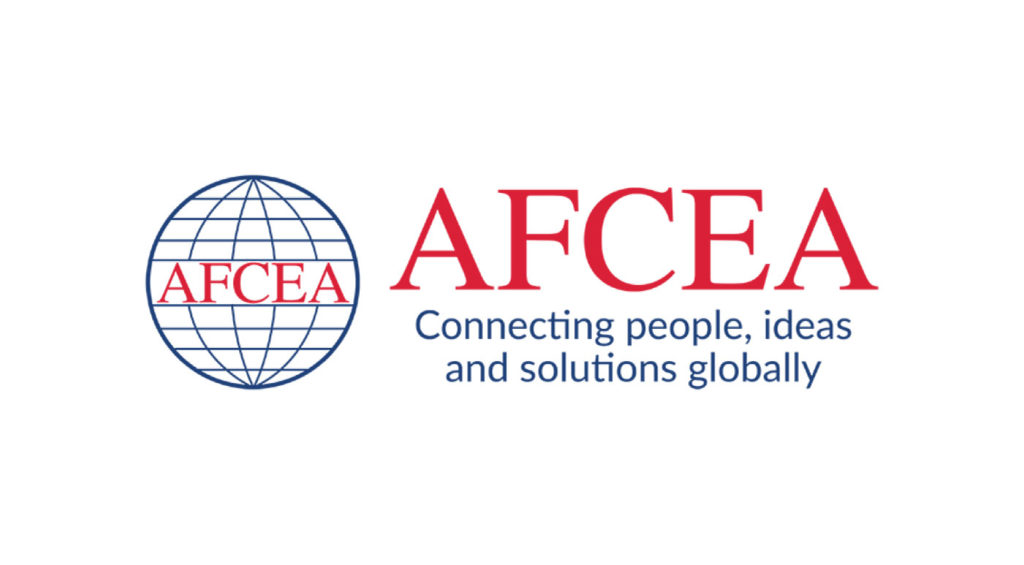
Award: $2,500
This award is made possible by the AFCEA Educational Foundation, which is dedicated to supporting U.S. veterans in pursuing an education. If you were honorably discharged from the military, then you’re eligible to apply for the scholarship, providing you were deployed in support of one of the following Overseas Contingency Operations:
- Operation Enduring Freedom;
- Operation Iraqi Freedom;
- Operation New Dawn;
- Operation Inherent Resolve;
- Operation Freedom’s Sentinel.
In addition to the above, you’ll need to be enrolled in and attending an undergraduate course of study, though this can either be full time or part time. The program must be in a STEM discipline at a four-year accredited university or college in the United States.
2. AMVETS Scholarships
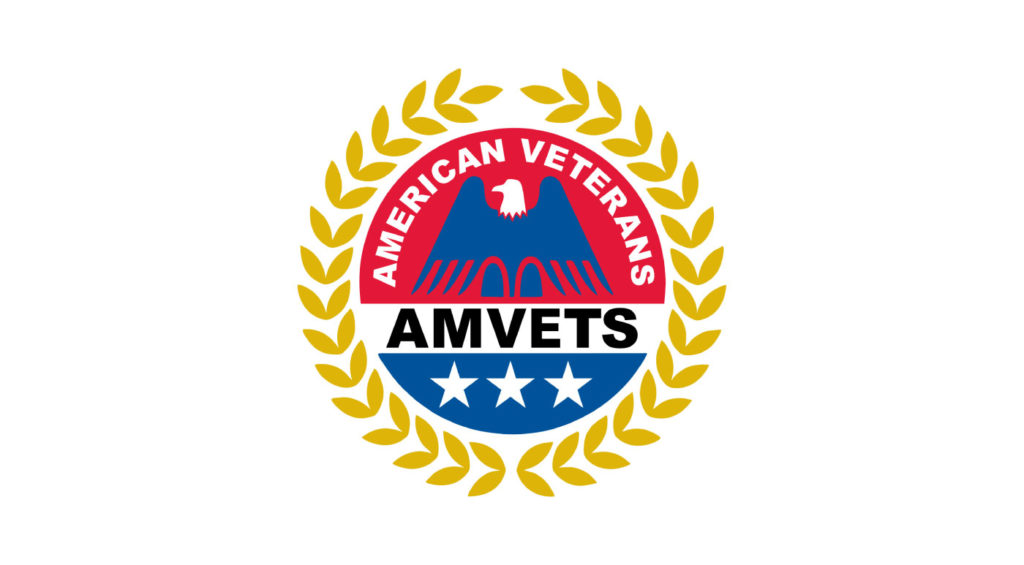
Award: $12,000
AMVETS (American Veterans) offers scholarships and donations for veteran and other military-related students. The funding helps you to cover the cost of full-time undergraduate study at an accredited college or university. Decisions on who to award the scholarship are based on academic promise and those with the greatest financial need. Made in a single payment, the award must be used within five years of being paid.
3. Ankin Law Office Scholarship
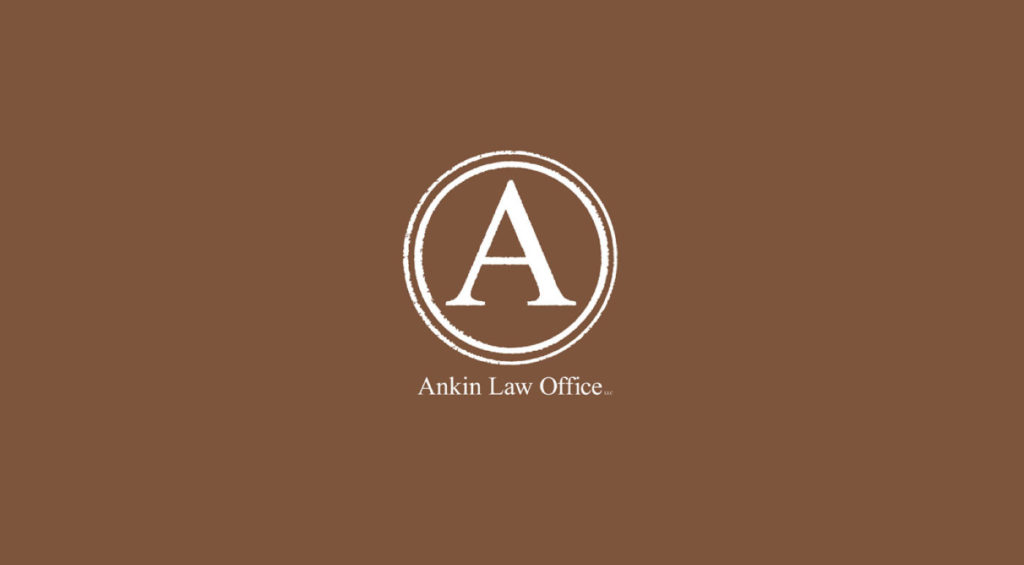
Award: $1,000
Offered by a U.S. law firm, this financial award is intended to help veterans transition to a civilian career. If you’re accepted for the scholarship, the $1,000 payment is to be used towards the cost of tuition or books and will be paid directly to your institution. To be considered, you’ll have to submit an essay on the chosen topic, which will be judged by a committee. Past topics have included, for example, “The life advantages and disadvantages, as well as the dangers of taking a bicycle to work“.
4. Army Staff Sgt. Special Agent Richard S. Eaton Jr. Scholarship
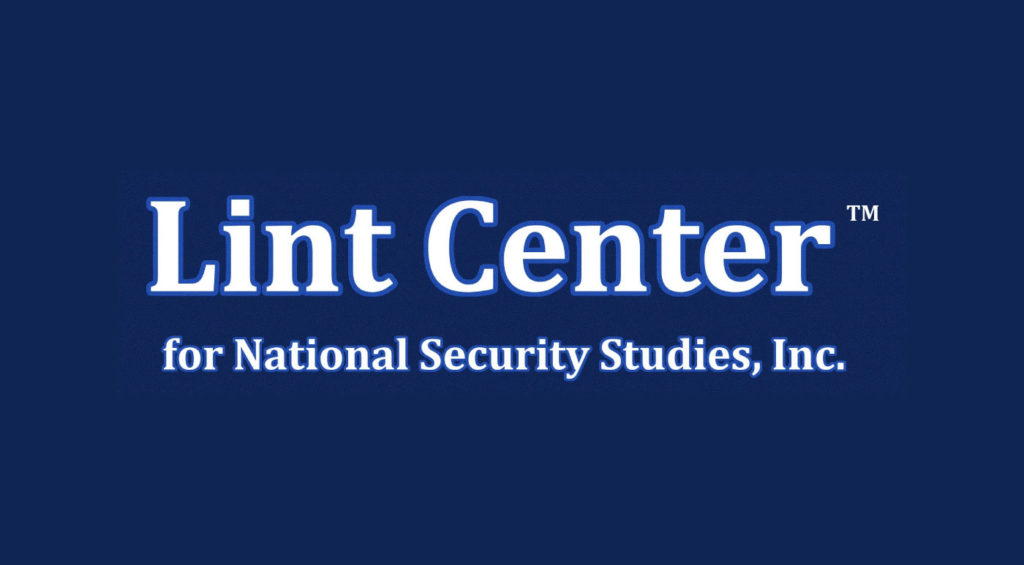
Award: $1,000
Staff Sgt. Richard Eaton was awarded the Bronze Star, thanks to his service during Operation Iraqi Freedom, in addition to numerous other citations and medals. This scholarship of $1,000 was established in his memory after he died during active duty in Ar Ramadi, Iraq, on August 12, 2003.
5. AWFDN Legacy Scholarship Program (For Women Only)
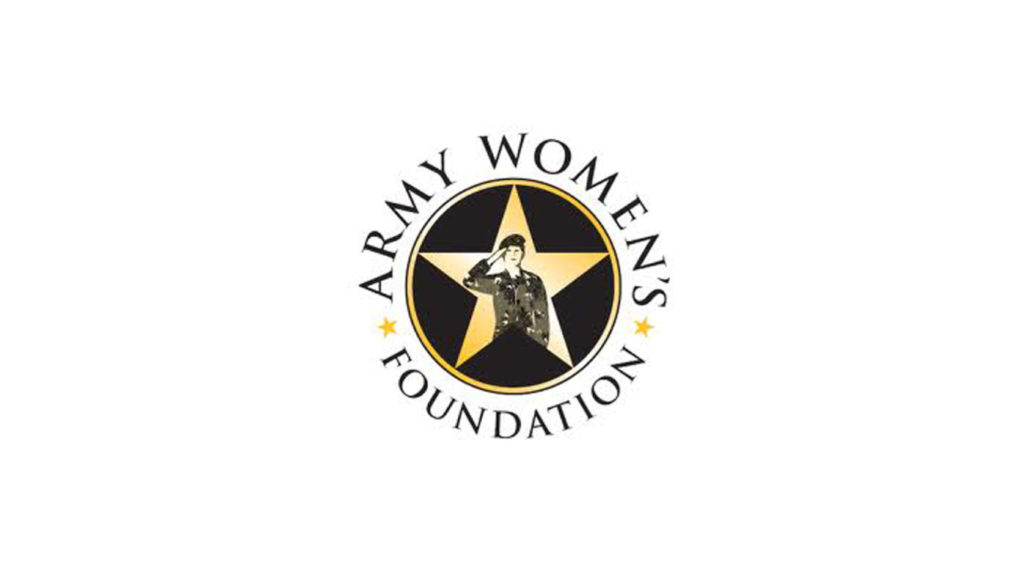
Award: $1,000 – $2,500
Offered by the Army Women’s Foundation, this scholarship is available for female soldiers, including veterans, and offers free financial support in four key areas. Certificate programs, community college study, undergraduate degree study, and graduate degree study are all areas in which this scholarship can support you. Community college and certificate program scholarships vary up to a limit of $1,000, while up to $2,500 is available towards undergraduate and graduate study. To apply, aside from being a female veteran, you must have a minimum GPA of 2.5 from high school or a GED and be enrolled in either a community college or certificate program, or you must have a GPA of at least 3.0 from degree-level study at a college or university.
6. FRA Education Foundation Scholarships
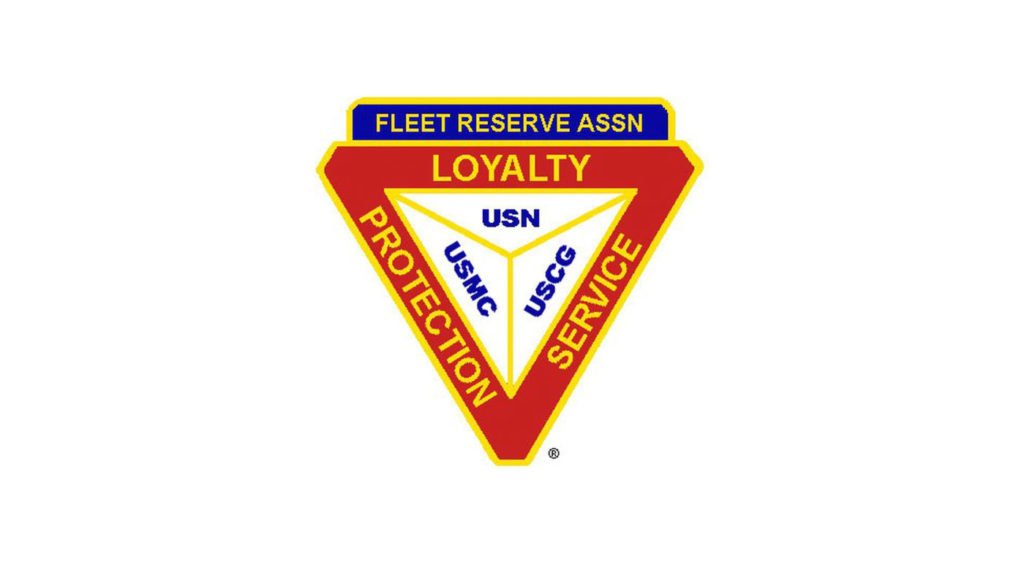
Award: $5,000
The Fleet Reserve Association (FRA) sponsors a program that awards up to $5,000 to veterans studying at the undergraduate or graduate level. In total, recipients are award approximately $100,000 each year, helping many ex-military students to afford a college education. Decisions are based on financial need and academic success, as well as on leadership abilities and personal character. More than one scholarship is offered by this organization, so to find the one relevant to you, you can look at their full list.
7. Troops to Teachers
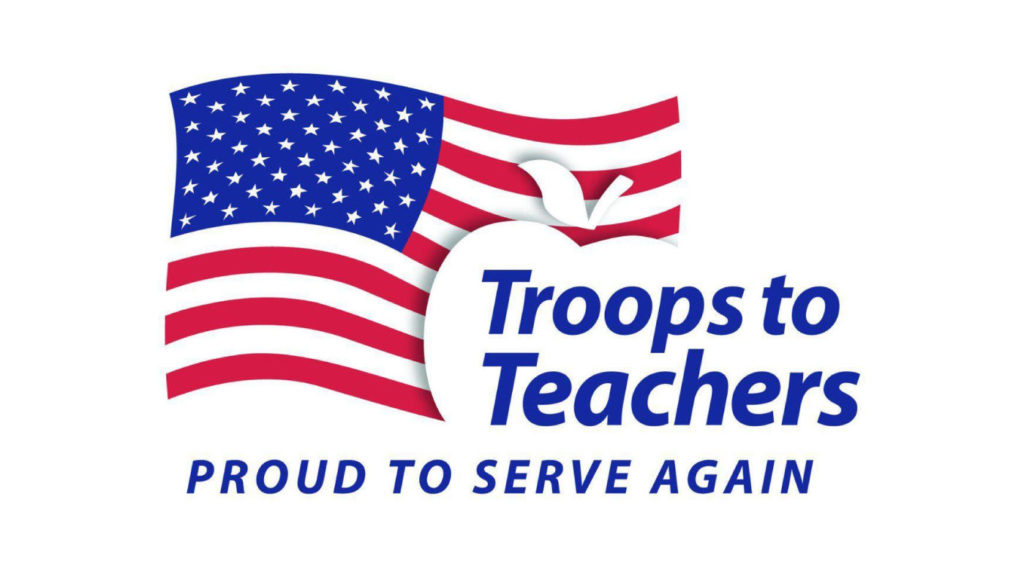
Award: Up to $10,000
As suggested by the name, this organization helps veterans to pursue an education that will lead to a career in teaching. If you meet the eligibility criteria, you could receive financial assistance of up to $10,000, making it the second-most-generous scholarship we’ve listed here. Eligibility requires you to submit an application within three years of leaving the military.
8. VFW Scholarship
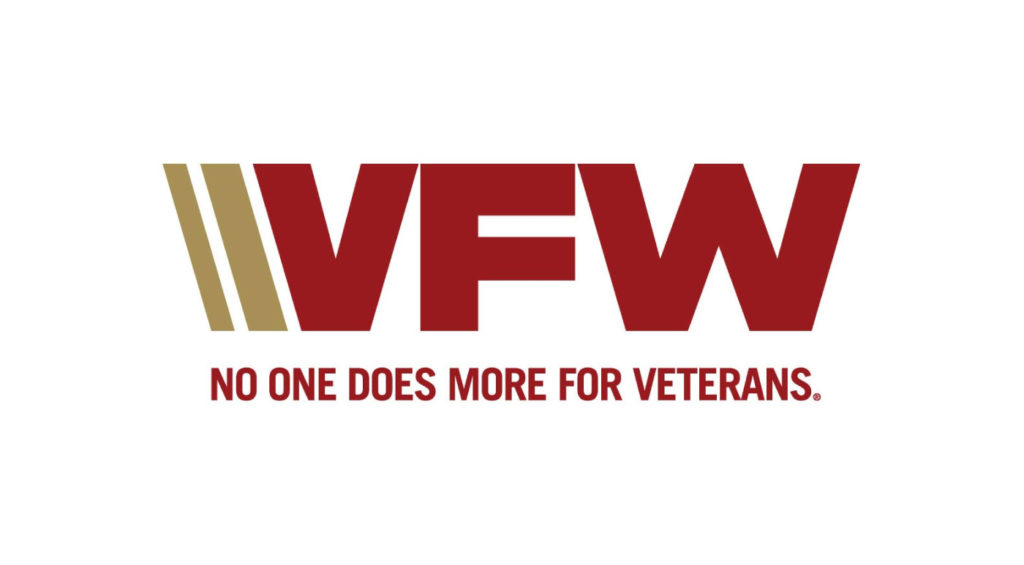
Award: Up to $5,000
Offered by the Veterans of Foreign Wars, the Sport Clips Help a Hero Scholarship offers veterans financial assistance of up to $5,000 on successful application. One award per semester, per family, is available, and funds must be used by the end of the school semester for which they’re awarded; funds will be paid directly to the institution. To be eligible, you must be a U.S. citizen, have been honorably discharged or retired, and have completed Basic Training and follow-on training. You’ll also be assessed based on your financial need.
Aside from the above scholarships, there are also programs available specifically for those still serving in the military. While we won’t go into more detail here, it’s worth bearing this in mind in case any ex-colleagues or family members are serving active duty and are interested in pursuing a course of education.




